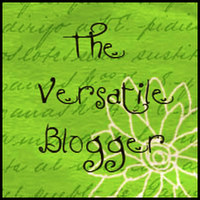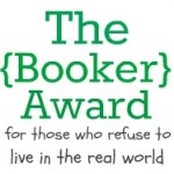
I am no stranger to feeling that social media doesn’t work. The sales of my book The Sun Zebra are lousy despite the fact that it is a highly rated book and that my social media reach and performance has been growing. Should I accept this reality and quit Twitter, Facebook and other sites that take substantial time away from my writing, or am I doing something wrong? As it turns out I think the latter is true. I believe that most writers like me are indeed doing something wrong.
What are the majority of my blog posts about? Writing! Who are the majority of my subscribers in Facebook and Twitter? Writers! And the thing is that this is normal. Writers are fascinated by the process of writing and publishing and we are interested in helping our fellow authors and exchanging information and ideas. But here is the issue: the vast majority of readers don’t care for that. Readers are interested in reading and they use social media not to look for new books to read but to be social.
Some argue that writers are also readers, but the flaw in this argument is that you cannot achieve high sales figures based on other writers buying your books. For one, most writers expect you to reciprocate the favor. To sell 10,000 copies of your book you cannot buy and read 10,000 books. Also most writers, beside a day job and family responsibilities, are very busy, well, writing. Joe Konrath has remarked that it is readers not writers, who buy his books. To this some may raise the counterargument of synergism. If you have 30 writer friends who write blogs, having your book featured in their blog is an asset. But this depends. If those 30 blogs are also about writing and thus only read by other writers, then the impact is minimal.
So I think in the future I will make an effort to diversify away from writing about writing and to befriend more readers in my social media accounts. Also when push comes to shove the best promotional tool a writer can have is many books, so maybe we should all heed the Joe Konrath’s advice “stop reading blogs and get back to work,” which of course includes this one.
But just in case you wish to linger a little, just for today, I am going to ask for your opinion.
What do you think?
***
If you like this blog you can have links to each week's posts delivered to your e-mail address. Please click here.

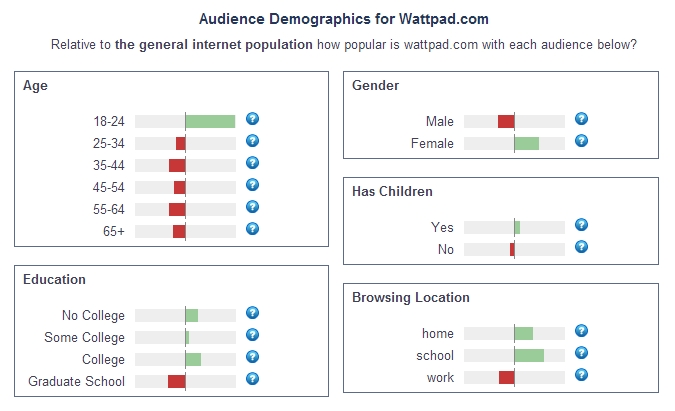
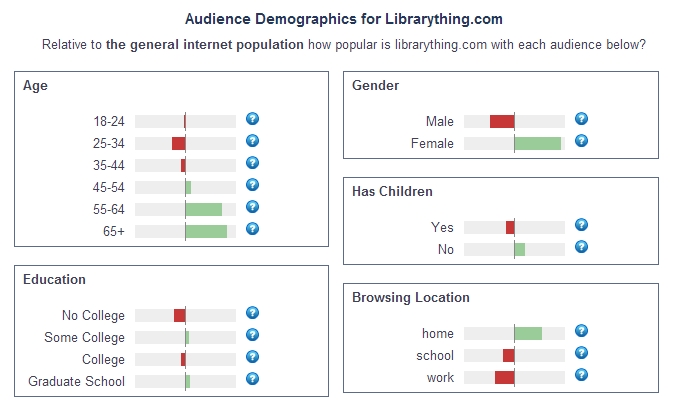


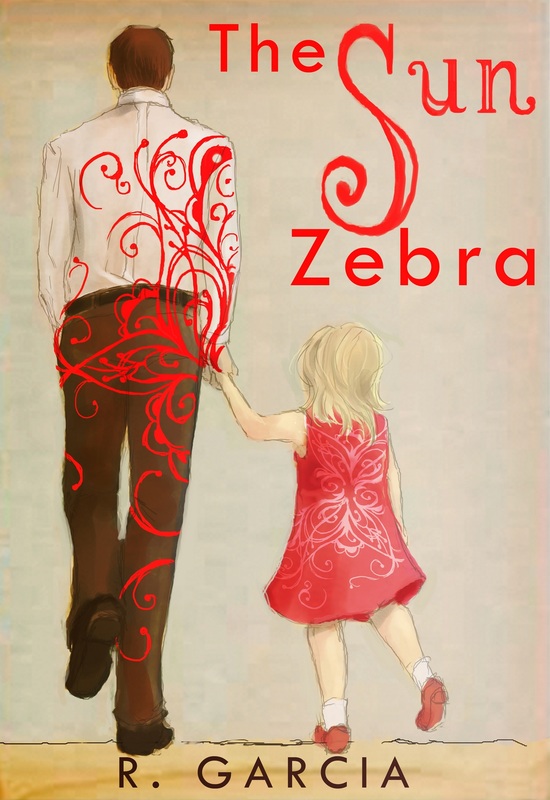

 RSS Feed
RSS Feed
